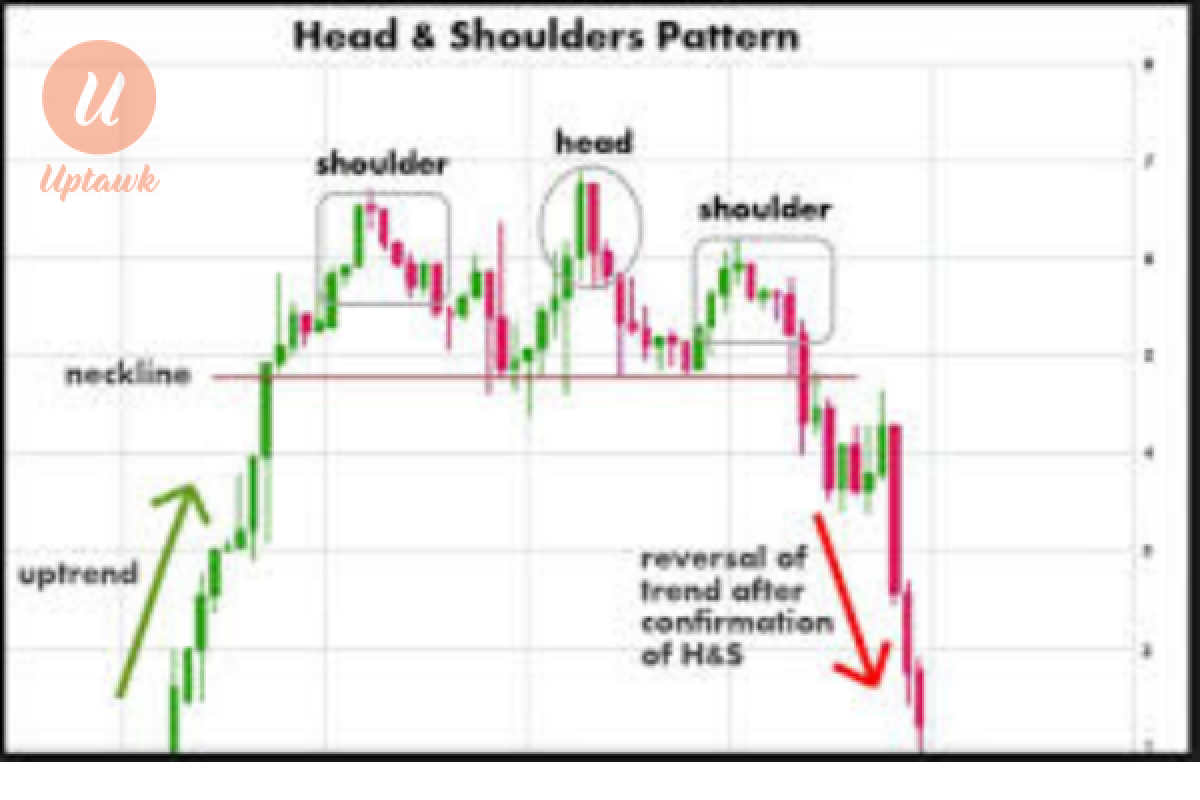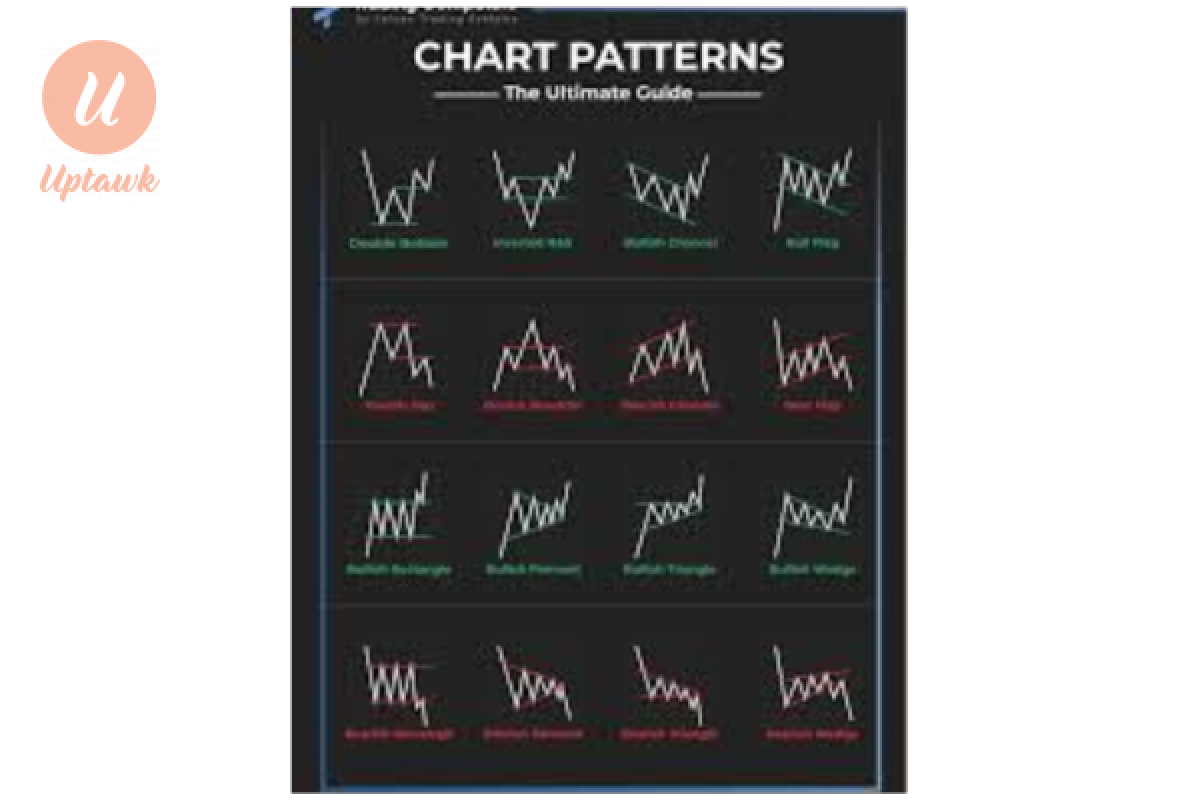
Share on :
Proprietary Firm (Prop Firm)
What is Proprietary Trading (Prop Trading)?
Proprietary trading, often referred to as "prop trading," is when a financial firm or institution trades stocks, forex, commodities, cryptocurrencies, or other financial instruments using its own capital, rather than clients' money, to generate profits. Unlike traditional trading, where traders use their personal funds or manage client investments, prop trading involves the firm taking on all the risk and reward.
Key Characteristics:
• Firm’s Capital: Traders use the firm's money, not their own, which eliminates personal financial risk for the trader.
• Profit Split: Traders typically receive a percentage of the profits they generate (e.g., 50%-90%), while the firm keeps the rest.
• Leverage: Prop firms often provide access to higher leverage than retail traders can get independently.
• Technology and Tools: Firms equip traders with advanced trading platforms, data, and sometimes algorithmic tools.
Examples:
A prop trader might trade forex pairs like EUR/USD with the firm’s $100,000 capital, aiming to profit from market movements.
Large investment banks historically had prop trading desks, though regulations like the Volcker Rule (post-2008 financial crisis) limited this for banks in the U.S.
Who Does It?:
Independent prop trading firms (e.g., FTMO, The Funded Trader).
Hedge funds or investment firms with proprietary desks.
Individual traders who join prop firms to access capital.
Prop trading has grown popular in the retail space, especially in forex and crypto, where firms offer "funded accounts" to skilled traders after passing specific evaluations.
How to Get a Funded Forex Account
A funded forex account is a trading account provided by a prop trading firm, where the trader uses the firm’s capital to trade forex markets. To access one, traders typically go through a structured process:
(1) Choose a Prop Trading Firm:
Research reputable firms like FTMO, My Forex Funds, Funding Talent, or The5ers.
Compare their rules, profit splits (e.g., 80/20), account sizes, and fees.
(2) Sign Up and Pay an Evaluation Fee:
Most firms require an upfront fee (e.g., $100-$500) to participate in their evaluation or challenge program.
The fee often scales with the account size you’re aiming for (e.g., $10,000 vs. $100,000).
(3)Pass the Evaluation Challenge:
Firms set specific trading goals and rules to test your skills:
Profit Target: Achieve a set percentage gain (e.g., 10% of the account).
Drawdown Limits: Avoid losing more than a certain percentage (e.g., 5% daily or 10% total).
Time Limit: Meet targets within a set period (e.g., 30 days), though some firms offer unlimited time.
Risk Management: Follow rules like maximum position sizes or restrictions on high-risk strategies (e.g., martingale).
Example: FTMO’s challenge might require a $10,000 account to hit a $1,000 profit target without exceeding a 5% daily loss.






Comments 0 Comment